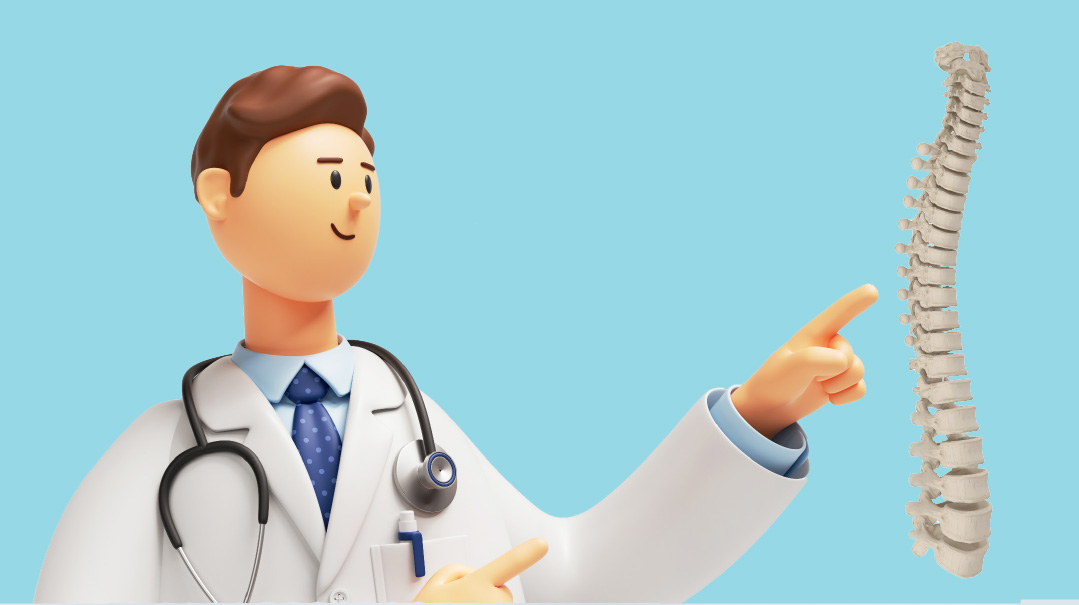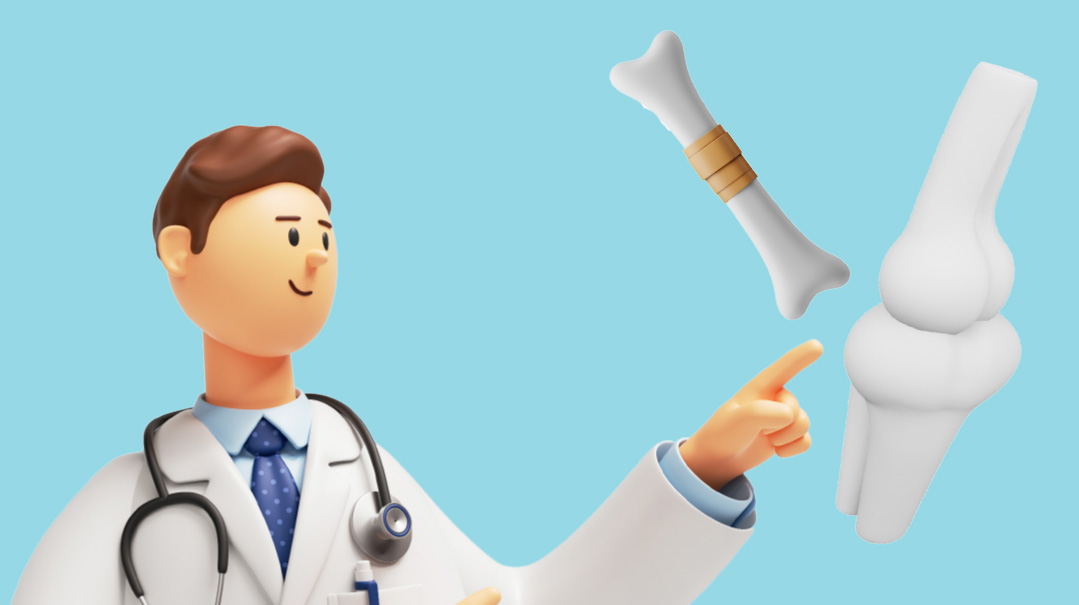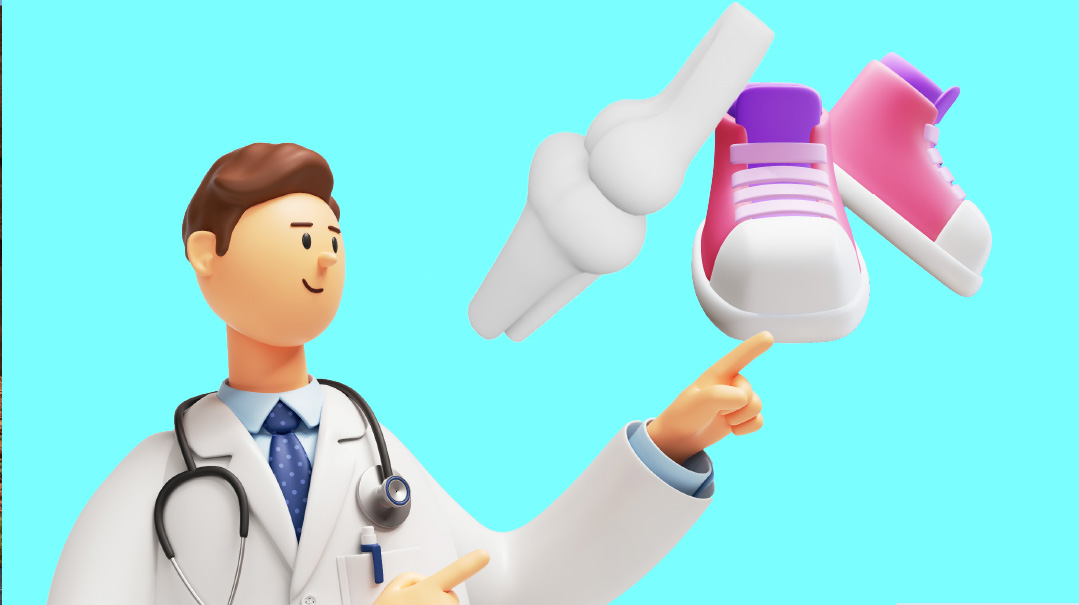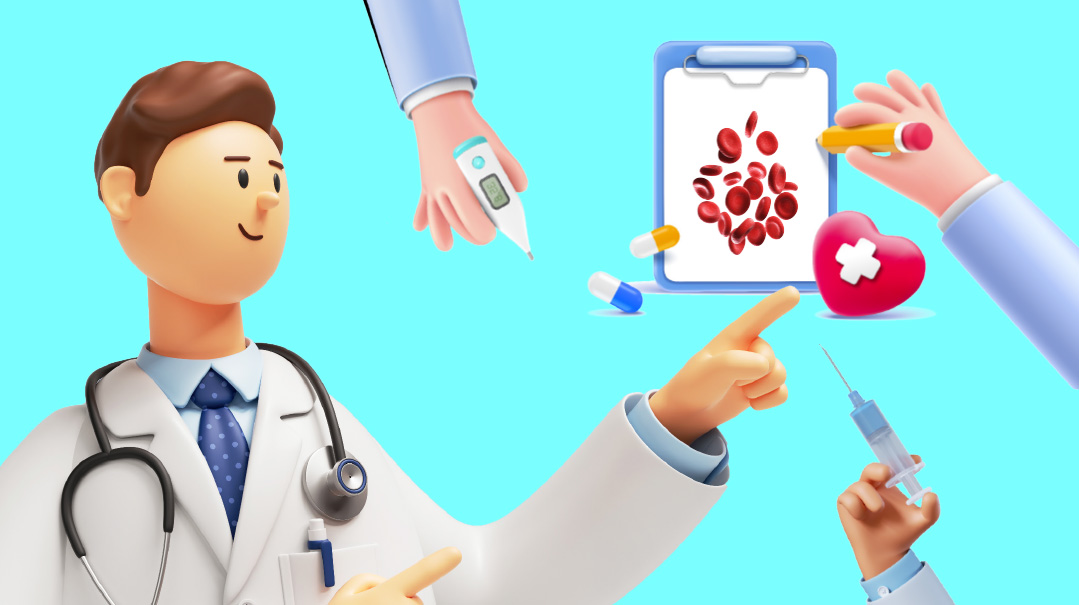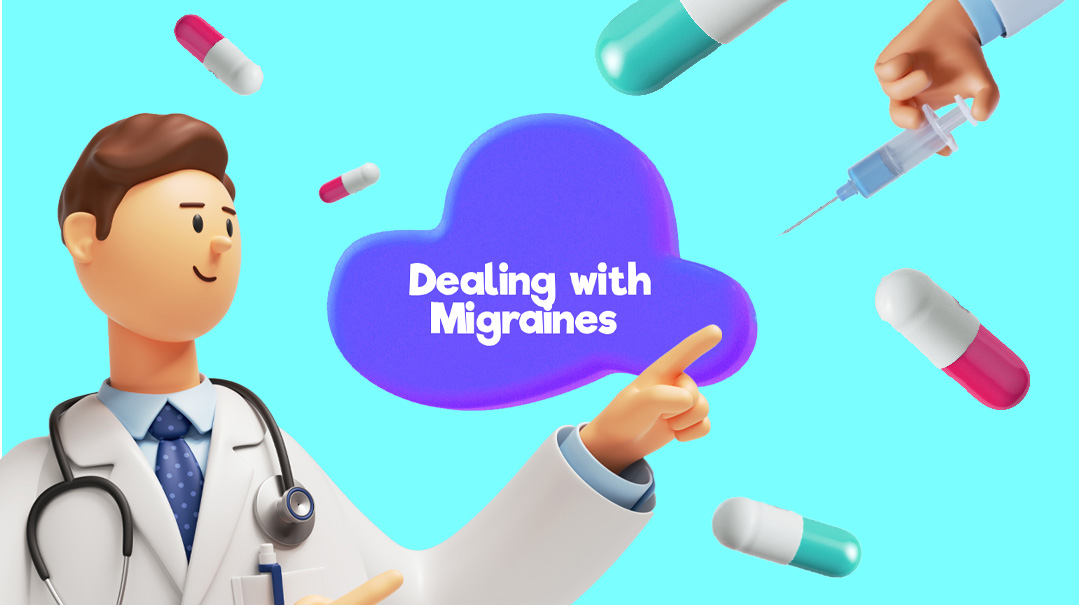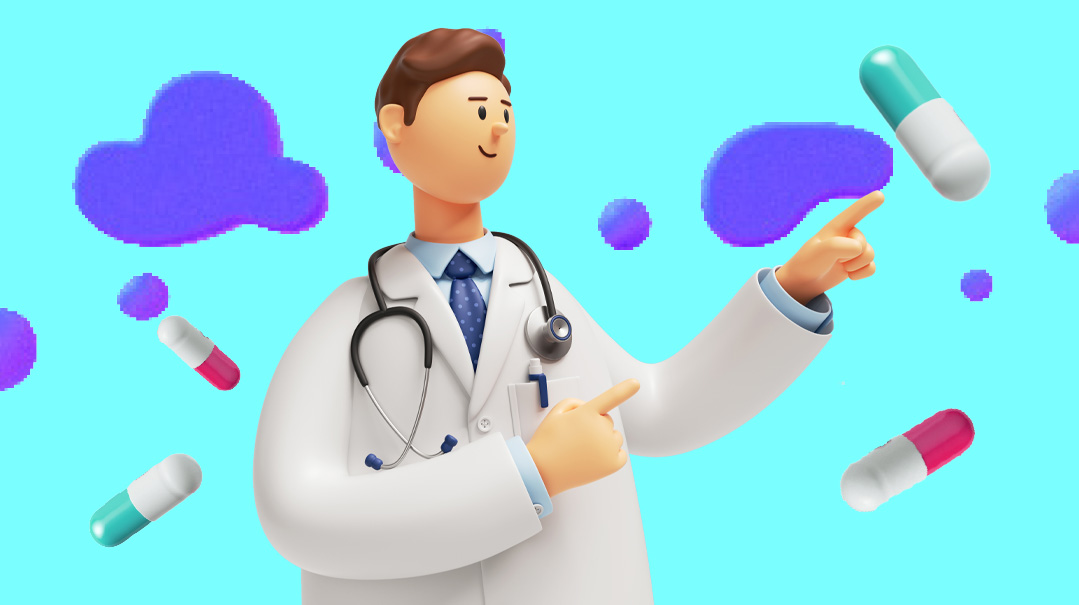Part 4 of 6: Dealing with BPD
| January 4, 2022"You can be happy even if you’re different, and you can still experience incredible simchas chayim even if you’re not perfectly healthy"
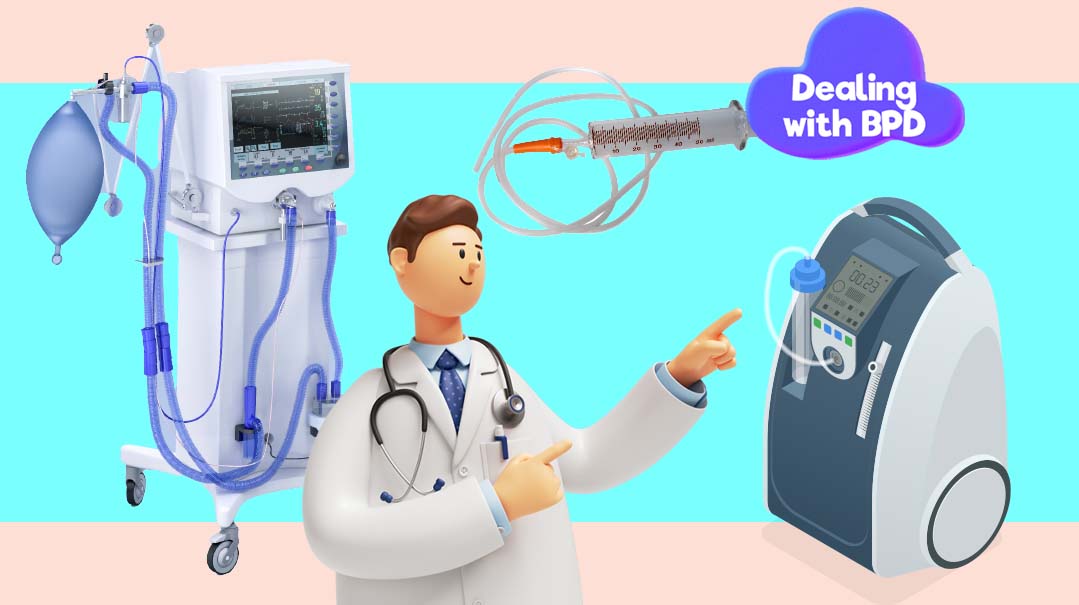
What is BPD?
A small percentage of newborn babies can’t breathe well on their own. They need medical intervention to stay alive. Doctors use a special machine, called a ventilator, which breathes for the baby. While the machine keeps the baby alive, it can also damage the baby’s lungs if it is used for too long. In some cases, the damage is extensive, and BPD (Bronchopulmonary dysplasia) sets in. Babies with BPD struggle with breathing and weight gain. In severe cases, these difficulties continue well into childhood.
Meet the Hero
Avigayil
is an adorable, red-headed second-grader with BPD and Bronchiolitis obliterans (another lung condition). Avigayil is the second youngest in her family of six kids. She is filled with simchas chayim, loves life, loves the color orange, and loves doing art projects!
Hi Avigayil! How does BPD affect your day-to-day life?
I am “medically fragile.” That means that I get sick more easily than most kids, and when I get sick, I get much sicker than most kids do. Catching a regular virus can mean that I need to go on oxygen for a week or so. “Going on oxygen” means that we use a special, large machine called an oxygen concentrator to give me oxygen through transparent tubes that go into my nose. Most of the time my lungs manage to get enough oxygen from the air, like your lungs do, but when I’m sick, I don’t get enough oxygen on my own. I have a machine that measures how much oxygen I have in my blood, called a pulse oximeter. When I’m sick, my mother checks me and decides if I need oxygen.
Because of my medical condition, I have a lower lung capacity than other kids. That means I get tired out more quickly from running and playing. Most of the time I can play like everyone else, but sometimes I need to stop and rest.
I’m also much smaller than other kids my age, because my body is working so hard to breathe that it doesn’t have much energy left to grow.
I have a PEG, which is a kind of feeding tube, to keep me gaining weight. Otherwise, I lose too many calories just from breathing.
A few weeks ago, I got hearing aids. Using oxygen long-term, like I did for the first few years of my life, can cause hearing loss. I had frequent hearing tests, and as soon as deterioration in my hearing was detected, I got hearing aids to help me hear.
When did you find out you had BPD? How did you find out?
I never had to find out. It’s been part of my life since before I can remember anything at all.
What is the hardest part about having BPD?
When people eat, they get energy, or calories, from their food. Then people use up the energy by walking, jumping, and living. Breathing doesn’t use up so many calories in healthy people, but because I have BPD, my body uses a lot of energy to breathe! Because my body uses up so many calories for breathing, I need far more calories than other kids do — more calories than I can get by mouth.
When I was a baby, I wasn’t allowed to eat food through my mouth, so I had an operation in which a tube was put into my stomach. My parents give me special food through the tube. It’s called tube feeding, and although I don’t like it, I need three tube feeds every day.
I also don’t like eating regular food, because food was never really a necessity for me, so I never learned to like eating.
I don’t like missing school when I’m sick.
I don’t like it when my baby sister pulls on my PEG (the part of the feeding tube that is connected to my stomach).
Usually, my parents give me my tube feeds with a syringe, but when I’m sick, we use a machine called a Kangaroo. The special liquid food bag hangs on a pole threaded through a small machine and travels through a tube into my PEG. I don’t like my Kangaroo. I don’t like to be tied to it with a tube.
I also don’t like having the oxygen tubes in my nose when I’m sick, but I do feel better when I get the oxygen. It makes it easier for me to breathe.
The best part?
I get to have an aide in school. She helps me with my tube feedings in school. She is really nice, and I like her. She plays games with me, and she helps me read.
I spend one day every month in the hospital. We check-in in the morning and see all my doctors in one place: my pulmonologist (lung doctor), my gastroenterologist (tummy doctor), dietician, and sometimes a cardiologist (heart doctor). Sometimes I also get bloodwork done, or chest X-rays, or other tests. In between doctors, I go to a special room to do projects. I like doing art projects there.
In Beitar, where I live, there’s an organization called Beineinu for children with special needs or medical needs and their families. Every summer, an amusement park called Beitar-Land operates in Beitar, and every child in the city gets one free ticket. Every year, on the very last day of Beitar-Land, the park is open to Beineinu families only. All the kids and their siblings get to come when it’s not crowded, so it’s much more fun. We look forward to that all year long!
Is there something you wish you could tell the world?
Sometimes kids make me feel sad when they point out things that make me look different. I don’t like it when people point to my hearing aids or when someone notices my PEG, like at the pool when you can see it through my bathing suit. It’s not sensitive to point out things like that when you notice them!
Any stories?
One year I was in the hospital on Chanukah. Someone came around and handed every patient a doughnut. A few minutes later, another group came in, and they also gave everyone a doughnut. Just a little while after that, more people came by with doughnuts. I ended up getting five or six jelly doughnuts in a row! I wasn’t breathing well enough to eat any of them, though. My mother saved them for me, and once I was doing better, I had some.
Any tips for other kids with chronic medical conditions?
You can be happy even if you’re different, and you can still experience incredible simchas chayim even if you’re not perfectly healthy.
Avigayil loves Yaakov Shwekey’s music. When she was small, her parents would play his music by her bed in the hospital, and it always helped improve her breathing and heart rate.
Shaare Zedek, Avigayil’s hospital in Israel, employs professional medical clowns to make things easier for the kids who need to be there. But because Avigayil’s been undergoing medical interventions since she was an infant, she associated clowns with painful and uncomfortable procedures, and now she hates them! Luckily, all the clowns at the hospital know Avigayil, and they make sure to get out of her way when they see her.
(Originally featured in Mishpacha Jr., Issue 893)
Oops! We could not locate your form.
